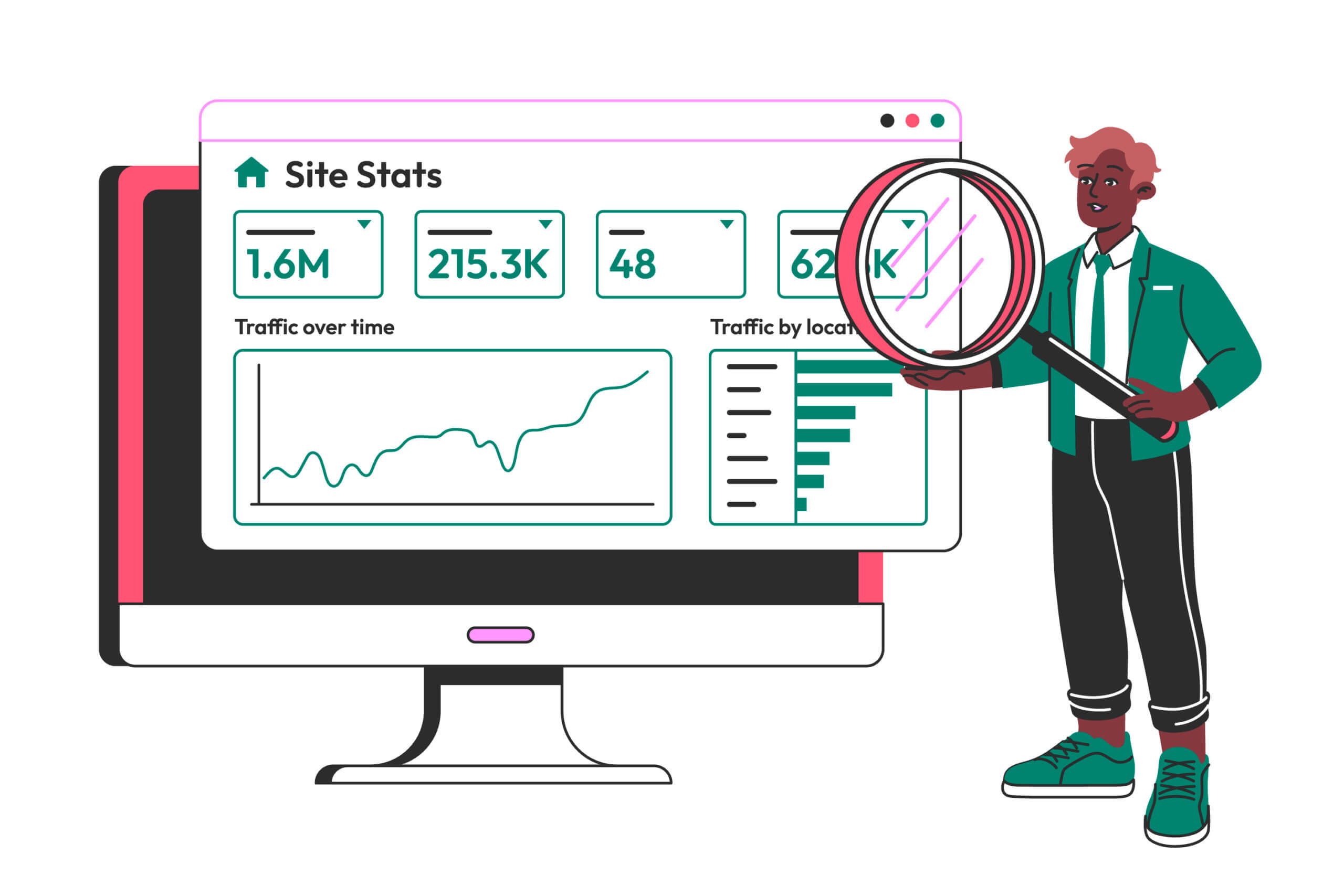
Introduction
In today’s interconnected world, social media has become a powerful platform for customers to express their opinions, share experiences, and engage with brands. Social listening refers to the process of monitoring and analyzing these online conversations to gain insights into customer sentiments and preferences. By understanding and responding to customer sentiments, businesses can enhance their reputation, improve customer satisfaction, and drive business growth. In this article, we will explore the concept of social listening and its importance in effective customer engagement.
1. What is Social Listening?
Social listening involves monitoring and analyzing conversations happening on social media platforms, review sites, forums, and other online channels. It goes beyond simply tracking mentions of a brand or product and focuses on understanding the context, sentiment, and underlying emotions behind those mentions. Social listening allows businesses to gain a comprehensive view of how their brand is perceived and how customers feel about their products, services, and overall customer experience.
2. Understanding Customer Sentiments
One of the primary objectives of social listening is to understand customer sentiments. By analyzing social media conversations, businesses can identify positive, negative, and neutral sentiments towards their brand. Understanding customer sentiments helps businesses gauge overall customer satisfaction, identify areas for improvement, and uncover emerging trends or issues. This valuable information can guide decision-making and inform strategies to enhance the customer experience.
3. Identifying Customer Needs and Preferences
Social listening provides businesses with insights into customer needs, preferences, and expectations. By monitoring conversations related to their industry, products, and competitors, businesses can identify emerging trends, customer pain points, and unmet needs. This information can be used to tailor products, services, and marketing campaigns to better meet customer expectations and gain a competitive edge.
4. Enhancing Reputation Management
Social listening plays a crucial role in reputation management. By monitoring social media conversations, businesses can promptly address customer concerns, complaints, or negative reviews. Timely and thoughtful responses demonstrate a commitment to customer satisfaction and can help mitigate potential reputational damage. Additionally, social listening enables businesses to identify brand advocates and engage with them, fostering positive word-of-mouth and strengthening their online reputation.
5. Improving Customer Service
Social media has become a popular channel for customers to seek support and share their experiences with customer service. Through social listening, businesses can identify customer service-related issues and promptly address them. By proactively engaging with customers, resolving their concerns, and providing exceptional customer service, businesses can enhance customer satisfaction and loyalty.
6. Informing Product Development and Innovation
Social listening can serve as a valuable source of insights for product development and innovation. By analyzing customer conversations and feedback, businesses can identify gaps in the market, unmet needs, and potential product improvements. This data-driven approach to product development ensures that businesses create solutions that align with customer preferences and address real-world challenges.
7. Competitive Analysis and Market Intelligence
Social listening also provides businesses with a competitive advantage by enabling them to monitor competitors’ activities, campaigns, and customer sentiments. By analyzing conversations related to competitors, businesses can gain insights into their strengths, weaknesses, and customer perceptions. This information can inform competitive analysis, benchmarking, and strategic decision-making.
Conclusion
Social listening is a powerful tool for understanding and responding to customer sentiments. By actively monitoring and analyzing social media conversations, businesses can gain valuable insights into customer needs, preferences, and sentiments. This knowledge empowers businesses to enhance their reputation, improve customer satisfaction, and drive business growth. Incorporating social listening into overall customer engagement strategies is essential in today’s digital age.

















